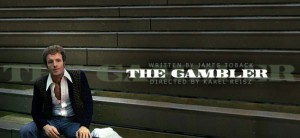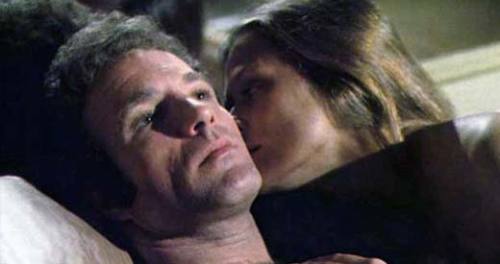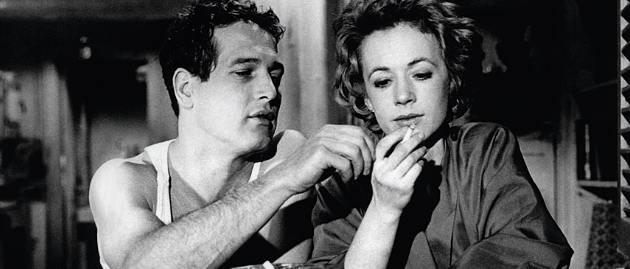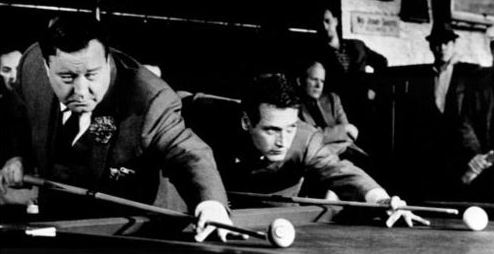From the Chicago Reader (March 8, 1991). — J.R.

PRIVILEGE
*** (A must-see)
Directed and written by Yvonne Rainer
With Alice Spivak, Novella Nelson, Blaire Baron, Rico Elias, Gabriella Farrar, Dan Berkey, and Yvonne Rainer.
Approached as a narrative, Yvonne Rainer’s sixth feature takes forever to get started and an eternity to end. In between its ill-defined borders, the plot itself is repeatedly interrupted, endlessly delayed or protracted, frequently relegated to the back burner and all but forgotten. All the way through, the action proceeds like hiccups.
Yet approached as an essay, Privilege unfolds like a single multifaceted argument, uniformly illuminated by white-hot rage and wit — a cacophony of voices and discourses to be sure, but a purposeful and meaningful cacophony in which all the voices are speaking to us as well as to one another.
Everything in the movie can and should be experienced as part of an ongoing dialogue, and it’s no small tribute to its overall coherence and impact that one wants to have an ongoing dialogue with the movie–talk back to it, argue with it — and that one has to if the movie is going to make any sense at all. The dialogue may deliberately go in and out of sync with the on-screen characters, the characters may be periodically played by different actors, and the shots may shift without notice between color and black and white. Read more
From Monthly Film Bulletin, March 1975 (Vol. 42, No. 494). — J.R.

Gambler, The
U.S.A., 1974
Director: Karel Reisz

The limitations and pretensions of James Toback’s script for The Gambler are so formidable that it is difficult to conceive of any director redeeming or transcending them. A Q.E.D. (indeed, virtually ABC) demonstration of a masochist’s steady progress to self-obliteration, peppered with ‘significant’ flashbacks and literary quotes, it involves gambling no more and no less than The Conversation involves tape recording — which is to say, incidentally rather than substantively. By the end of the first reel or so, it is already painfully clear that Axel Freed (James Caan) is more interested in losing than winning, and from that point onward narrative interest is increasingly diffused by a clinical spelling out of his condition which has all the earmarks of a stacked deck. The problem is not so much a surfeit of psychological analysis — the script offers hints, not explicit causes explaining Axel’s condition — as too little to account for his behavior naturalistically, and too much to permit any sustained acceptance of the character on an allegorical or mythical level. Unlike the abnormal, high-strung and death-defying auto racer played by James Caan in Hawks’ Red Line 7000, there is nothing in Axel that suggests hidden depths; indeed, despite Caan’s consistent professionalism, the actor appears to be as uninterested in his character as Axel seems to be in himself. Read more
From the Chicago Reader (2002). — J.R.

Robert Rossen’s 1961 feature is a somber morality play postulating as existential hero a pool hustler perfecting his craft (Paul Newman at his best). It makes wonderful use of its seedy locations (memorably filmed in black-and-white ‘Scope by Eugen Shuftan, who won an Oscar for his work) and its first-rate secondary cast (Piper Laurie, Jackie Gleason, George C. Scott, Myron McCormick, and Murray Hamilton). Adapted by Rossen and Sidney Carroll from a Walter Tevis novel, this picture is so much better than Martin Scorsese’s belated sequel The Color of Money that they don’t even belong in the same category. A postnoir melodrama with metaphysical trimmings, it does remarkable things with mood and pacing, and the two matches with Gleason as Minnesota Fats are indelible. 135 min. (JR)
 Read more
Read more





